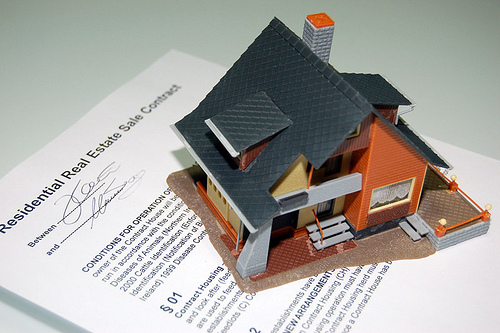When you are in the midst of leasing a property, your rights as a tenant may come under fire. Many rental agents can be rather unscrupulous when it comes to matters of renting. While this can seem like a nightmare, you do have rights.
Leasing and tenancy laws are in place to ensure that your rights are upheld. Landlords and agents need to act in accordance with these rules. You don’t have to suffer at the hands of rogues any longer.
The Tenancy Agreement
A tenancy agreement is one of the most important documents that you have in your possession. Without one, you may not have any legal rights. After all, a tenancy agreement should be viewed as a legal document. You and your landlord are obliged to sign this. Both parties are required to uphold the framework of this report.
Essentially, a tenancy agreement is a contract. This means that you can live into his property as per the rules, terms and conditions of the contract. You need to ensure that you read the fine print. After all, you don’t want to be caught short.
Usually, a rental agreement will outline how long you live in the property. This is considered a fixed term tenancy agreement. But, you may have a periodic contract, or a rolling contract, on how long you live in the property.


House Renting, Buying, Selling Contract by Mark Moz, on Flickr. This work is licensed under a Creative Commons Attribution 2.0 Generic License.
Knowing Your Rights
Lexis Nexis Legal Research has compiled help and guidance on leasing and tenancy laws. This is a great place to find more in-depth information on your legal rights as a tenant. But, there are some basics that can assist you with your research.
You need to know your rights. As a tenant of a property, you need to be aware of many different factors. If your property is in a bad state of disrepair, your landlord has a legal obligation to fix any issues. If your property is unsafe to live within, they are legally obliged to make sure that this is put right. What is more, you have the right to know who your landlord is. Many letting agents are less than eager to divulge this information. Should they break the terms of the contract, knowing who your landlord is vital. You also have the right to live in the house undisturbed. This means that the owner of the property cannot gain access to your house without your knowledge. You can also be protected from unfair letting fees and excessively high charges. You can compare your rental fees with that of other similar properties in the area. If you think that you are being charged too much, you can ensure that this is rectified under leasing and tenancy laws.
Your Obligations as a Tenant
Of course, while you have a legal framework to live within the property, you also have obligations, too. After all, laws are there to protect all parties.
To avoid any legal disputes you must ensure that you are not in rental arrears. Rental arrears can give the landlord more powers and rights. You must also not break the terms of your contract. Read the contract and adhere to the terms. Should you disagree with the terms, bring it up prior to signing. After all, a signature is legally binding.
